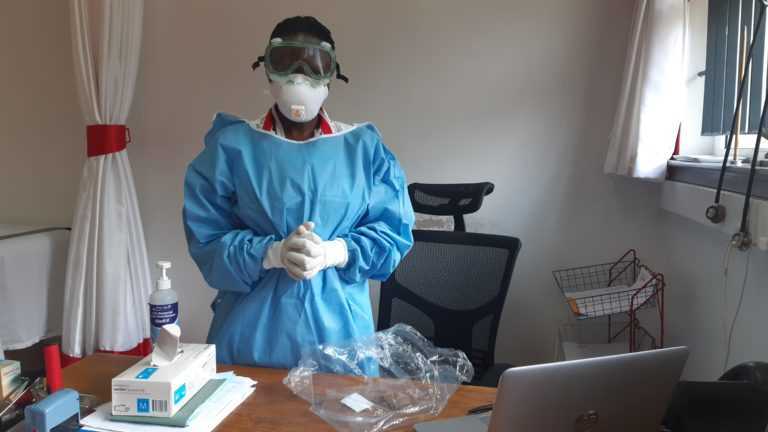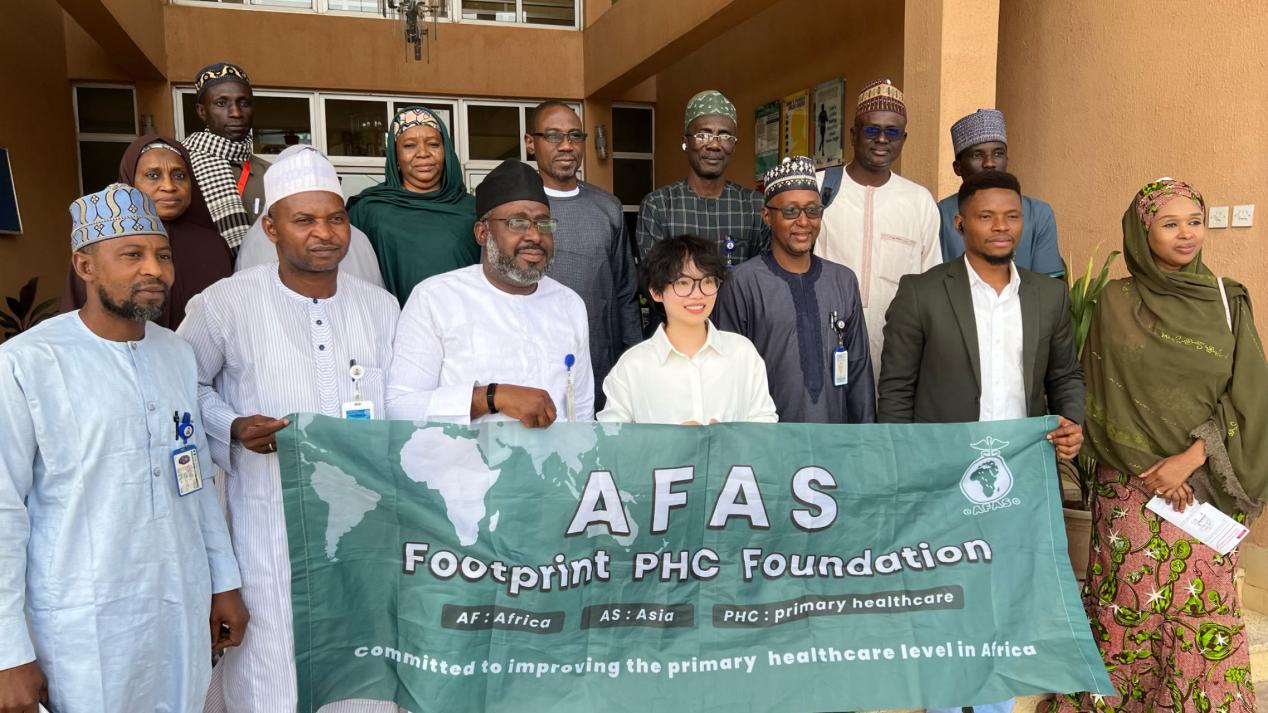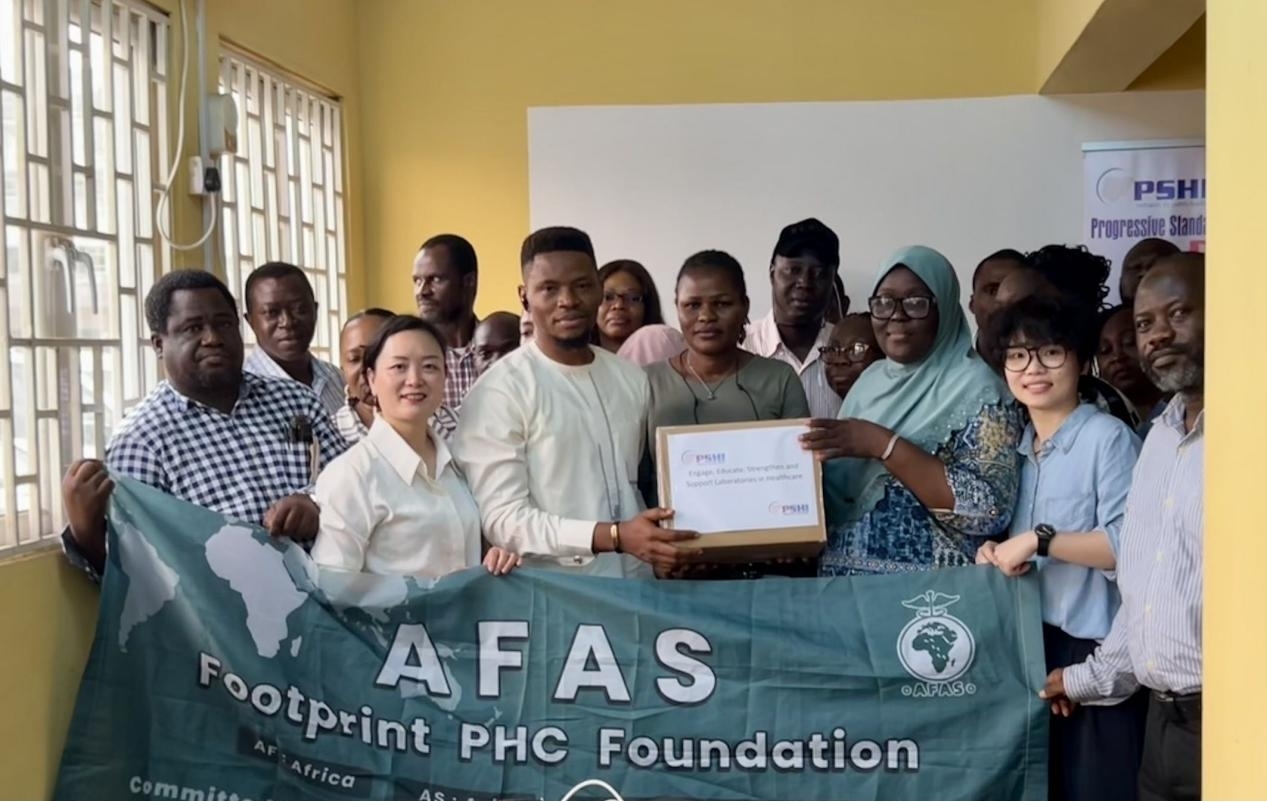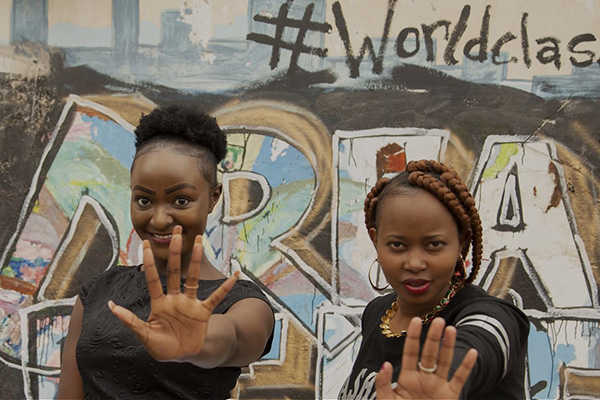With the development and distribution of the COVID-19 vaccine, afasfoundation Health Africa is committed to ensuring that no one is left behind in accessing the COVID-19 vaccine in Africa. Below is an overview of our current focus areas.
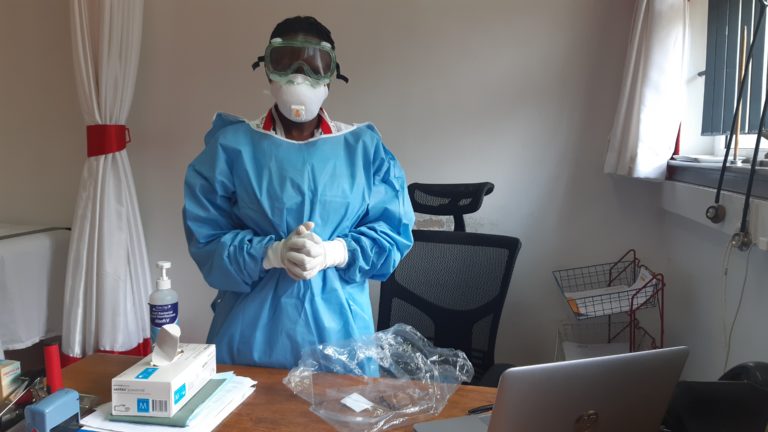
1.Working at the Community Level
We are training Community Health Workers (CHWs) on vaccine education. CHWs will be trained to provide vital information about the vaccine and to mobilize communities to take it when it is available. We will also conduct studies on why people are hesitant to take the vaccine to help inform solutions on how to ensure that as many people as possible are vaccinated.
2.Vaccine Procurement and Delivery
With the help of our partners, networks, and resources, we are helping African governments procure the vaccine. We will also assist in setting up vaccination centers including mobile clinics that can reach remote communities. We will oversee the proper storage and transportation of vaccines using our team of “Flying Doctors”. We will also train health workers on administering the vaccine.
3.Advocacy
We are advocating for equitable access to the vaccine and fairness in distribution, including transparency in availability and pricing at the global, national, and regional level. Read our statement on COVID-19 Vaccine Equity here.
How We’re Stopping COVID-19 in Africa
Thanks to our partners The Rockefeller Foundation, The Nommontu Foundation, Tracelink, American Tower Foundation and Internet Society Foundation, our overall response focuses on:
1.Training Health Workers
We are training health workers at all levels on infection, prevention, and control measures around the pandemic. We are also emphasizing community involvement and education, distribution of Personal Protective Equipment, as well as psychosocial support for health workers on the front lines.
2.Access to Clean Water and Proper Sanitation
We are supplying clean water stations, soap, and hand sanitizers to low-resource areas such as informal settlements, refugee camps, public transport terminals, border crossings, and health facilities to prevent the spread of the virus.
3.Testing and Laboratory Strengthening
Working closely with Ministries of Health, we are strengthening testing and diagnostic capacity at both regional and national levels through the provision of essential testing kits and the training of lab technicians. Training takes place via our unique digital learning platforms and focuses on proper implementation of lab protocols and quality control, detection and reporting of COVID-19 cases, and laboratory diagnostics.
4.Mitigating the Secondary Impacts
We are working to mitigate the secondary impacts of COVID-19 in the areas of malnutrition, maternal and child health, sexual and reproductive health, gender and sexual based violence, and infectious and non-communicable diseases. We are adapting existing programs and ensuring our most critical activities continue despite full or partial lockdowns.
